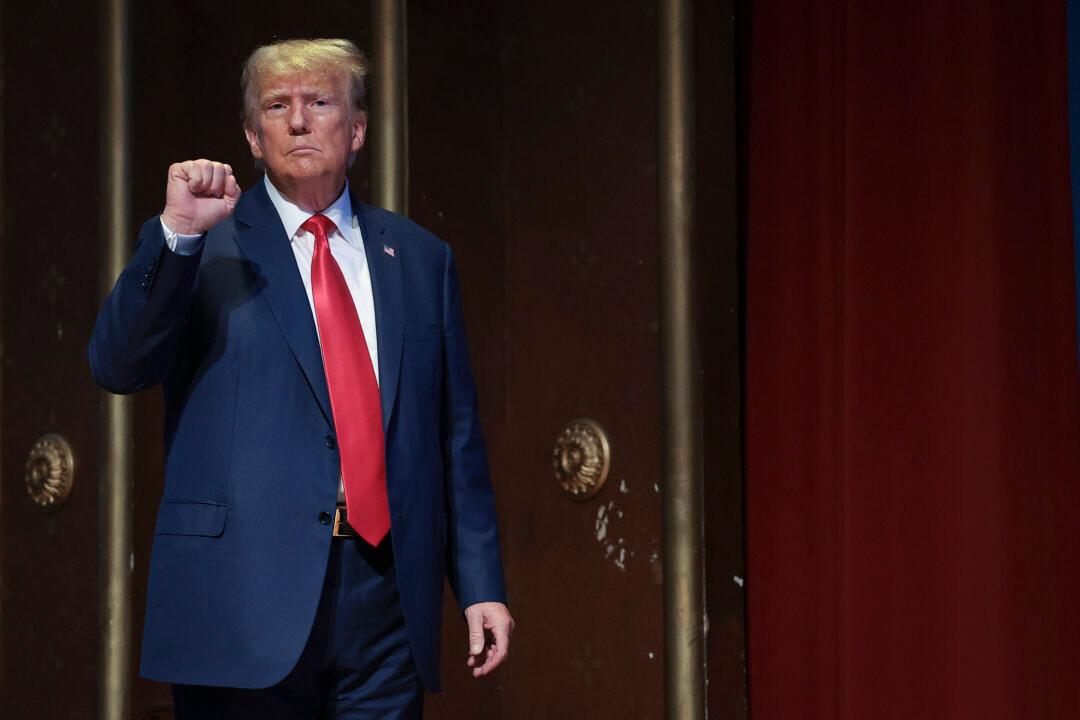Republicans see political motives behind the Department of Justice’s (DOJ) recent indictment of President Donald Trump, while others say that Trump’s possession of the documents posed a national security risk, a CBS poll found.
Trump said on June 8 that his attorneys were informed of the indictment by DOJ Special Counsel Jack Smith in connection to the investigation into the handling of classified documents. Trump is the first former U.S. president in history to face criminal action at the federal level. The announcement followed a raid by the FBI last year of Trump’s Mar-a-Lago estate in Florida that allegedly discovered several classified documents in his possession.





